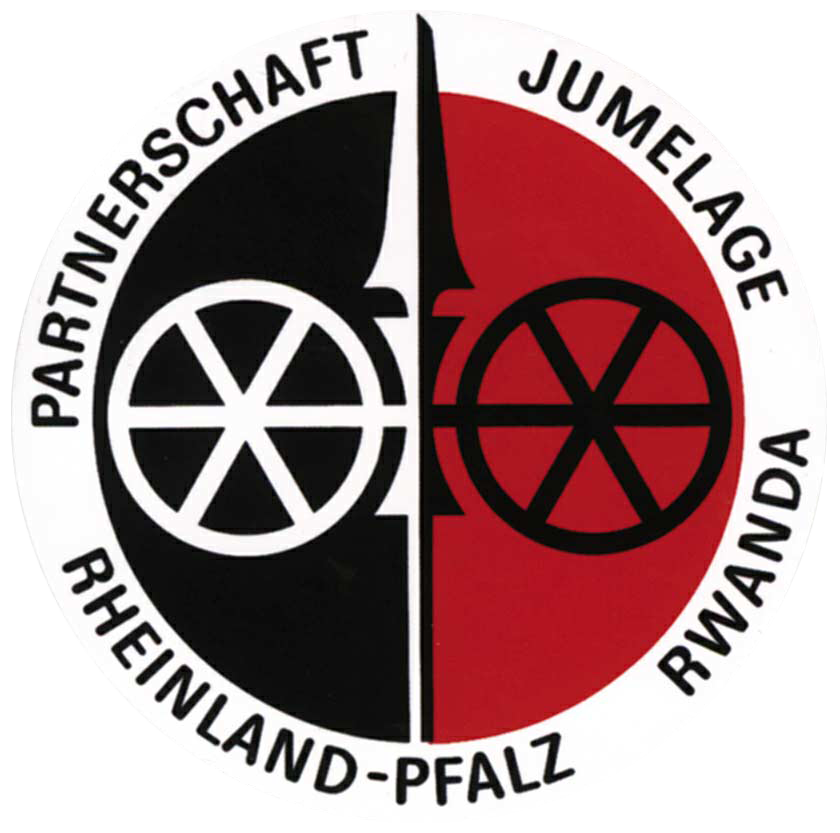Prime Minister Malu Dreyer

We want to strengthen the future for Rwanda's youth
I am proud of this lively, active and successful partnership. So many people are involved in Rhineland-Palatinate and Rwanda. Originating from a grassroots partnership, today personal connections are just as natural as economic ones. The partnership is successful because the people of both countries respect and learn from each other.
The partnership also withstood the genocide in 1994, and together we went through very difficult years characterised by war, suffering, reconciliation and reconstruction. Hope was and is the driving force. Over the past 40 years, numerous projects have been set up, friendships have been forged and new ideas are still being developed to drive this partnership forward. During my visit to Rwanda in 2018, I was amazed at how well known individual Rhineland-Palatinate cities are to the people of Rwanda. No wonder! Many of our municipalities have been actively promoting the partner country for decades. This can be seen in the street signs that point to Rwandan partner municipalities everywhere.
Rwanda is a very young, up-and-coming and growing country. Anyone travelling through Rwanda encounters children and young people in particular. They waved to me as I drove through the land of a thousand hills. The mothers of these children particularly impressed me with their strength and perseverance. During my last visit to Rwanda, I visited a brickworks in the countryside, a co-operative that had been founded ten years earlier by single mothers to create an income opportunity for the women so that they could provide for their children. With support from Rhineland-Palatinate, a large kiln was initially built, as well as a shelter for the workshop and as a warehouse. The women taught each other how to mould, dry and fire bricks. They took the raw material from the earth. In order to get good clay, they cultivated the surrounding land and grew rice, among other things. One of the women always looked after the small children so that the other mothers could work. Today, more than ten years later, the brickworks has grown into a large company of its own - run by women. They are no longer dependent on outside help. Their bricks for building houses are of good quality and the orders are there. A success story!
The basis for progress is the education system. The fact that more than 95 per cent of children now attend a nine-year primary school and that school attendance is free is a very good development. There is no longer a lack of schools in the country. That was very different 20 years ago, when the construction of new schools was still a key component of the partnership. Today, Rhineland-Palatinate supports educational endeavours in Rwanda, for example by providing teachers with qualified training or by allowing young people to attend a secondary school after primary school for which a fee is charged. The aim is to establish qualified training and study programmes in the country. It is important to me personally that children and young people have better and better prospects for the future in their home country. After all, it is the young people who will continue to develop the country - and I am delighted if we from Rhineland-Palatinate can provide support here. The existing close and trusting relationship with Rwanda is the foundation of our friendship and partnership, which we want to expand further.
 Partnerschaftsverein Rheinland-Pfalz/Ruanda e.V.
Partnerschaftsverein Rheinland-Pfalz/Ruanda e.V.